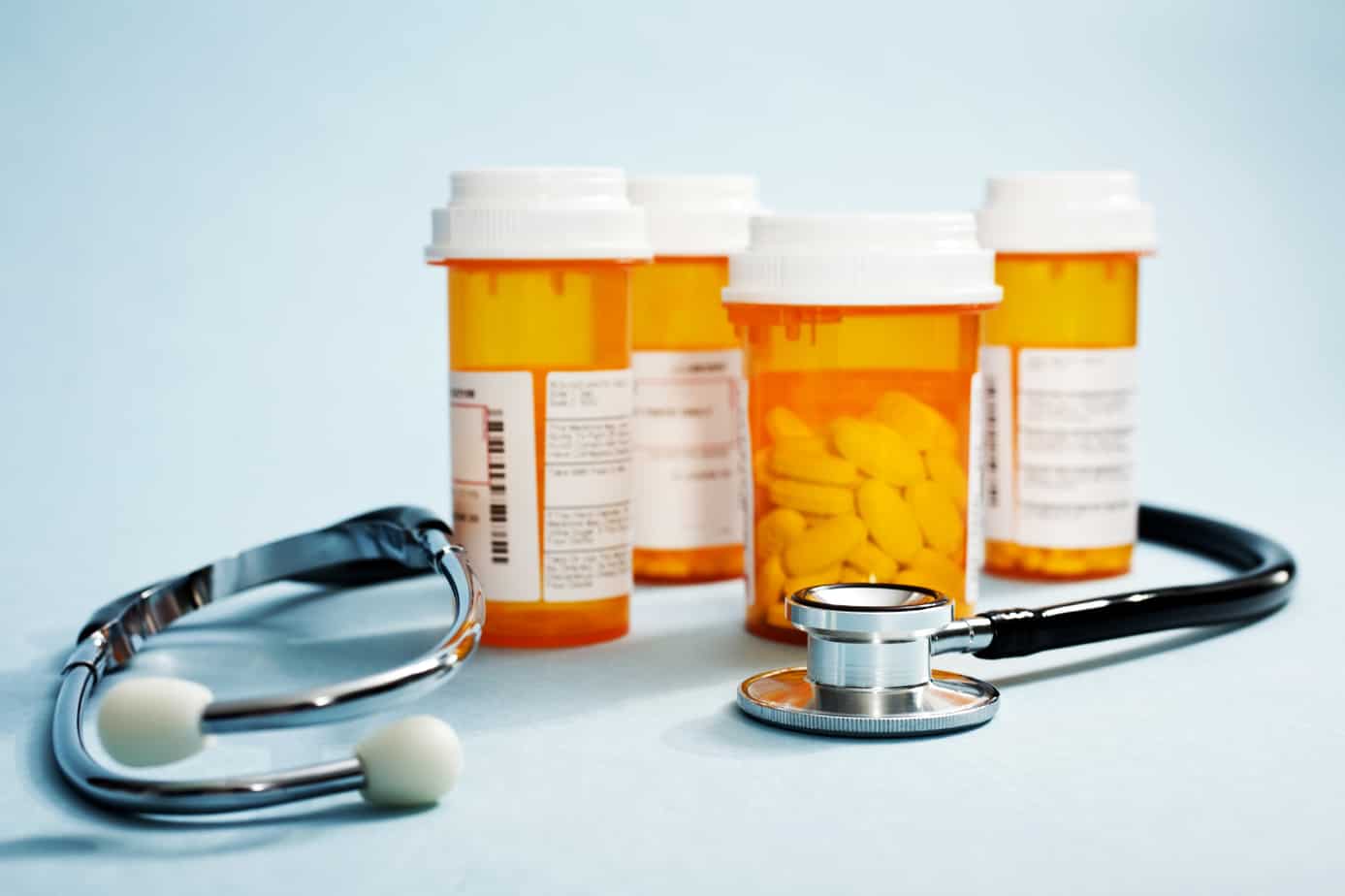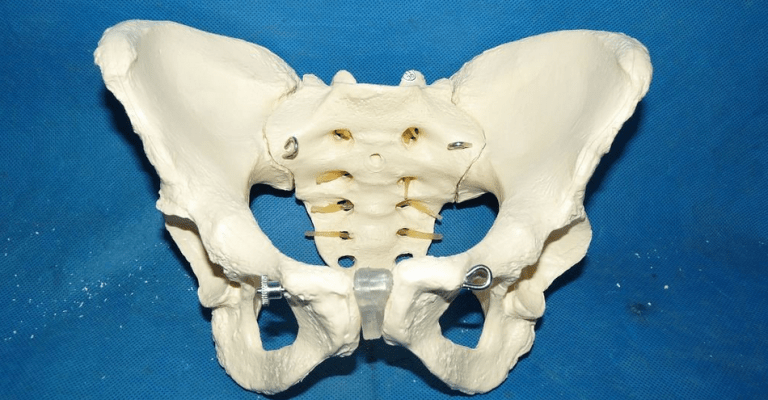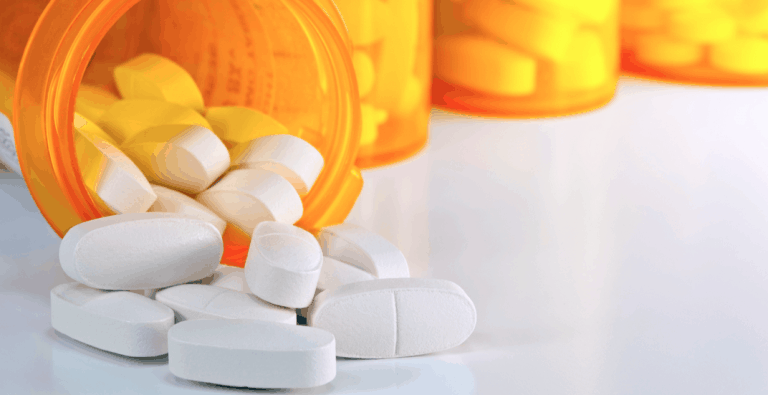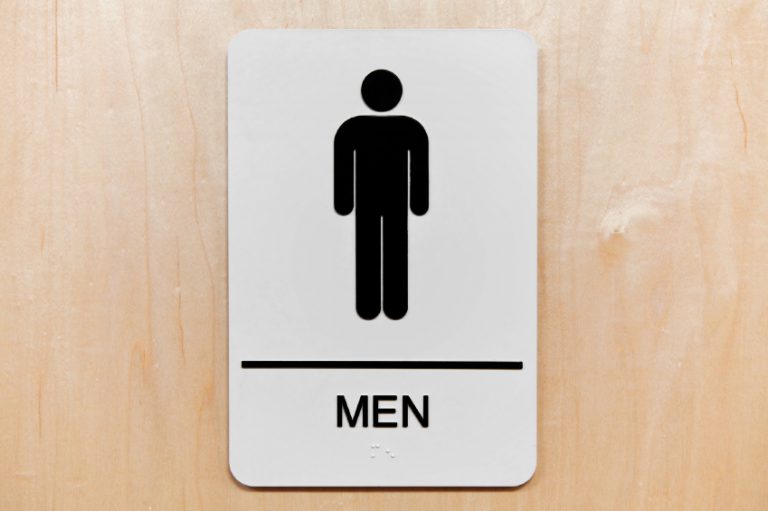When a man gets a diagnosis of prostatitis, one of the first questions he’s likely to ask is, “How am I going to treat it?” Among the treatment options available to men (e.g., alternative treatments, supplements, surgery) are drugs, but do drugs for prostatitis work?
The answer to that question depends on several factors, including which type of prostatitis needs to be treated (bacterial or nonbacterial), which—if any—treatments have already been tried, and the severity of the disease. Men with prostatitis who make lifestyle changes, such as diet, exercise, and stress management, can improve both their symptoms of prostatitis and their quality of life and therefore are encouraged to do so. However, the question here is, do drugs for prostatitis work?
A recent (February 2012) review of treatments for prostatitis, entitled “Chronic prostatitis: approaches for best management,” pointed out that while “chronic bacterial prostatitis is successfully treated with appropriate antibiotics,” when it comes to the most common form of prostatitis (chronic pelvic pain syndrome), “treatment results are unsatisfactory” and that no optimal treatment has been found. (Lee)
Men who suffer with prostatitis should not despair, however. Knowledge of the following drug treatments for prostatitis can help in the decision-making process.
Drugs for Bacterial Prostatitis
Whether you have acute bacterial prostatitis or chronic bacterial prostatitis, the goal is to eliminate the bacteria, and that typically requires antibiotics. Mild to moderate cases of acute bacterial prostatitis can usually be treated at home with oral antibiotics, but severe cases may require intravenous infusions in a hospital. In addition, medications for pain, such as ibuprofen or acetaminophen, can be helpful as well. Most men recover quickly, and treatment usually lasts for 4 to 6 weeks.
Cases of chronic bacterial prostatitis are relatively rare and are characterized by relapsing urinary tract infections. Treatment with antibiotics is necessary for 6 to 12 weeks and even longer if the infection returns.
Antibiotics usually prescribed to treat acute or chronic bacterial prostatitis include carbenicillin (Geocillin), ceftriaxone (Rocephin), ciprofloxin (Cipro), levofloxacin (Levaquin), moxifloxacin (Avelox), tetracycline (Sumycin), and trimethoprim-sulfamethoxazole (TMP-SMX) (Bactrim). The most effective drugs are TMP-SMX and the fluoroquinolones (drugs that end in “floxacin”). The penicillins are ineffective with the exception of carbenicillin.
Drugs for Chronic Prostatitis/Pelvic Pain Syndrome
The most common type of prostatitis—and the most difficult to treat–is chronic prostatitis/pelvic pain syndrome, which is a nonbacterial form of the condition. That said, healthcare providers typically still prescribe an antibiotic just in case there is an infection involved. If symptoms do not improve with antibiotics, then the medication may be stopped and other options are started. Here are options you and your doctor should discuss.
- Muscle relaxants may help for men who experience muscle spasms. Options include baclofen (Lioresal), cyclobenzaprine (Flexeril), and diazepam (Valium).
- Alpha- blockers help make urine flow more easily and are also used to treat BPH. Drugs in this category include alfuzosin (Uroxatral), doxazosin (Cardura), silodosin (Rapaflo), tamsulosin (Flomax), and terazosin (Hytrin).
- The 5-alpha reductase inhibitor drug finasteride (Proscar) also can be prescribed to slow the growth of the prostate.
- To help manage pain, short-term use of cyclooxygenase type-2 drugs (e.g., celecoxib [Celebrex]) may offer modest relief, as may other nonsteroidal anti-inflammatory drugs (NSAIDs). However, long-term use of these pain relievers is not recommended because of the potential for side effects.
- Tricyclic antidepressants (e.g., amitriptyline [Elavil], doxepin [Sinequan]) and gabapentinoids (e.g., gabapentin [Neurontin], pregabalin [Lyrica]) may benefit men who experience chronic pelvic neuropathic pain.
A new multinational study (April 2012) published in BJU International reported on the use of antibiotics, anti-inflammatory drugs, and alpha blockers as treatment of chronic prostatitis/chronic pelvic pain syndrome. Nineteen studies that involved 1,669 patients were analyzed.
Overall the investigators found that a multi-drug approach was best when treating this form of prostatitis. Alpha-blockers plus antibiotics resulted in the greatest improvement in symptoms. Antibiotics plus anti-inflammatory drugs showed significant improvement when compared with placebo. When evaluating treatments individually as compared with placebo, anti-inflammatory drugs showed the greatest response, followed by alpha-blockers, and then antibiotics. (Thakkinstian)
Asymptomatic Inflammatory Prostatitis
A fourth type of prostatitis is asymptomatic inflammatory prostatitis, in which men have an elevated PSA and an inflamed prostate, but no symptoms of prostatitis. The typical treatment for this form of prostatitis is antibiotics, like those used to treat acute and chronic bacterial prostatitis. PSA levels usually return to normal after 4 to 6 weeks of treatment.
Natural Treatments for Prostatitis
Natural treatments in the form of supplements are another option for reducing both inflammation and the symptoms associated with prostatitis. Two supplements that have proven promising in clinical trials and which are recommended under a classification system called UPOINT, which is a tool for identifying effective prostatitis treatment, are pollen and quercetin.
Pollen extracts (aka cernilton, rye grass pollen, flower pollen, bee pollen) have anti-inflammatory abilities that make them helpful in relieving symptoms of prostatitis.
In clinical studies, pollen extract given to men with chronic prostatitis/chronic pelvic pain syndrome resulted in a significant improvement in symptoms and quality of life, and some men reported that their symptoms had disappeared completely. (Elist; Wagenlehner)
Quercetin is a potent antioxidant and a phytonutrient with an ability to inhibit the production and release of substances that cause inflammation, two properties that make it an effective natural agent for managing prostatitis. In a study from Cleveland Clinic, quercetin was found to be the most effective treatment for prostatitis when compared with other treatments. (Shoskes 2010) Another trial revealed that 500 mg of quercetin taken twice a day for one month resulted in a significant decline in prostatitis symptoms when compared with placebo. (Shoskes 1999)
You may want to consider a number of other natural supplements for relief from prostatitis symptoms, including beta-sitosterol, curcumin (turmeric), DIM (indole-3-carbinol [I3C]), green tea, pygeum, saw palmetto, stinging nettle, vitamin D, and zinc. Consult your healthcare provider before taking any new supplement.
Men with prostatitis can also benefit from other natural treatments, including diet, exercise, stress management, and other lifestyle changes, as well as trying alternative therapies such as acupuncture, biofeedback, and tai chi, among others.
References
Elist J. Effects of pollen extract preparation Prostat/Poltit on lower urinary tract symptoms in patients with chronic nonbacterial prostatitis/chronic pelvic pain syndrome: a randomized, double-blind, placebo-controlled study. Urology 2006 Jan; 67(1): 60-63
Lee KS, Choi JD. Chronic prostatitis: approaches for best management. Korean J Urol 2012 Feb; 53(2): 69-77
Shoskes DA et al. Quercetin in men with category III chronic prostatitis: a preliminary prospective, double-blind, placebo-controlled trial. Urology 1999; 54(6):960-63.
Shoskes DA et al. Phenotypically directed multimodal therapy for chronic prostatitis/chronic pelvic pain syndrome: a prospective study using UPOINT. Urology2010 Jun; 75(6): 1249-53
Thakkinstian A et al. Alpha-blockers, antibiotics and anti-inflammatories have a role in the management of chronic prostatitis/chronic pelvic pain syndrome. BJU Int 2012 Apr 3.
Wagenlehner FM et al. A pollen extract (Cernilton) in patients with inflammatory chronic prostatitis-chronic pelvic pain syndrome: a multicentre, randomized, prospective, double-blind, placebo-controlled phase 3 study. Eur Urol 2009 Sep; 56(3): 544-51







